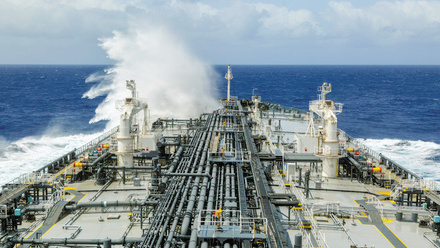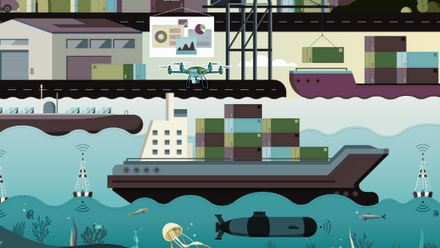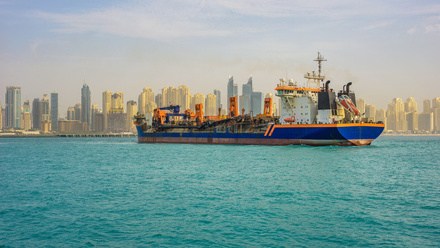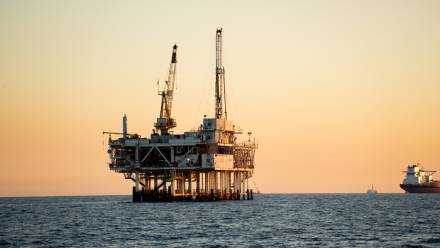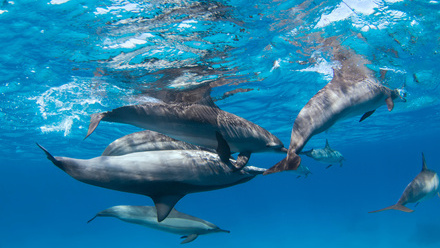AI and machine learning to help combat climate change
The Oceans of Knowledge event in Southampton will be highlighting data-driven opportunities within oceanography.
Dr. Edward Steele is Chair of the upcoming Oceans of Knowledge conference and IT Fellow for Data Science at the UK's Met Office. We sat down to talk AI, ML, innovation and community knowledge.
The focus of Oceans of Knowledge 2025 is on artificial intelligence (AI) and machine learning (ML). Why do we need this conference now?
We are entering an exciting new era of data-driven opportunity, where AI and ML are delivering extraordinary advances in science and technology, with the potential to lead to some of the greatest developments in our history.
Recent progress in these areas has brought us to the cusp of potentially game-changing breakthroughs in meteorological and oceanographic data and intelligence. This is a vital, and timely, opportunity that may help tackle one of the gravest threats facing civilisation today: our vulnerability to extreme events in a changing climate.
With AI and ML having a pivotal role to play, we can better understand and manage the key hazards in order to become climate resilient through both mitigation and adaptation, and continue to ensure the safe, successful and sustainable use of the marine environment by all.
How important is it to have multi-sectoral stakeholders together?
Opportunities for innovation and ideas exist at the intersection of disciplines and domains (for example, combining expertise in oceanography and meteorology with experience in AI and ML), and so bringing these groups together is essential in effectively connecting the communities (including stakeholders from academia, government and industry) to drive even more extraordinary impact and benefit.
What do you hope will arise out of this conference?
The aim of this conference is to set the critical future use of ocean-related AI and ML into the context of the associated scientific, technological, operational and ethical/data management challenges, providing a forum for discussion of how we (as a community) can come together and best exploit these new opportunities.
One of my favourite attributes of previous Oceans of Knowledge events is their timely and topical nature combined with their ability to bridge the different domains, disciplines and stakeholders that contribute to the ocean enterprise, and I very much hope that this is also achieved in 2025.
What will you be doing at the conference?
As chair, I mostly have the privilege of giving the welcome address and introducing some of the sessions - essentially ‘warming up’ the audience for the brilliant talks to come! Whilst I do have a number of ongoing professional collaborations with several of our excellent speakers, and it is therefore possible that some of the projects I have been involved with may be represented, the benefit of having such a high profile range of speakers is the richness of content and experience from their extensive working in the field that they will be able to draw on, which I too am interested in learning from.
What types of discussions are you most excited about and why?
All of it! The conference is divided into five sessions designed to build a shared knowledge and understanding as the day progresses.
We will start with keynote talks introducing the opportunities and challenges of AI and ML in an ocean context. We’ll then progress to introducing the key concepts (technologies and techniques core to the revolution in AI and ML) and domains (evolution in AI and ML developments for atmosphere, ocean, biogeochemistry and climate modelling and observations). We’ll conclude with a series of talks spanning a range of applications (including sensor networks and observations, polar shipping and logistics, fisheries management, as well as coastal hazards).
A panel session will complete the day, exploring emergent and promising directions.
The Oceans of Knowledge Conference takes place on October 8, 2025, in Southampton, England. Book your place now.
Tell us what you think about this article by joining the discussion on IMarEST Connect.
Image: Hurricane Erin pictured off the coast of the United States. Credit: Shutterstock.

